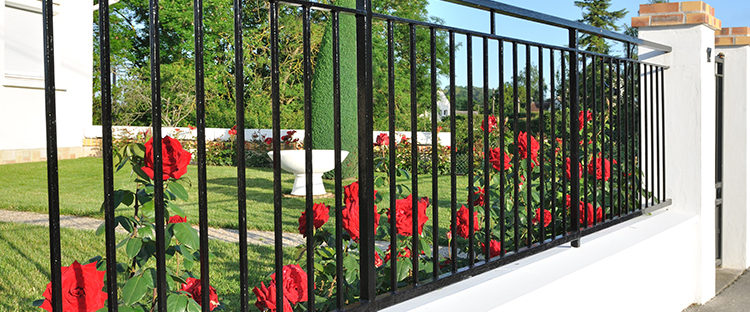So you’ve decided to get sober and now you’re hearing the term “ Sober Living ”. Maybe you’re in a treatment center or detox facility. Maybe a friend or family member is suggesting sober housing as an alternative to living at home. So what is it like? This is my story about how living in a sober house changed my life.
In 2007, I decided that my life had become unmanageable and that I didn’t want to continue living the way I had been. Everything about my life had become centered on the next drink and drug. I had designed my career to accommodate my addiction, and all of the things that were important to me fell short of booze on my priority list. After entering treatment, I began to hear about “Aftercare” and “Continuing Care”. These were terms for the work that I would continue to do in order to maintain my sobriety, after treatment ended. This is where I first heard of living in a sober home.
Living a Sober Life on My Own
After deciding that I was fully capable of maintaining my own sobriety without someone else “controlling my life”, I decided against a sobriety house, and chose to move in with friends from my treatment center instead. While my intentions were sincere, my conviction to stay the sober path was soon challenged.
I was faced with many temptations, intense emotions, and unanticipated life struggles. What I had imagined to be an easy path to walk in my newfound sobriety became a dangerous tip toe through a wild jungle. Before the end of 8 months, I had relapsed, and things got bad… fast!
I had heard that when you drink again, you “pick up where you left off”. This was certainly the case for me as I found myself ready to leap from the 17th floor of my apartment building- only a higher power could have kept me alive through the events to follow. It took me more than a year to get back into treatment.
Getting Sober Again
Returning to treatment in 2009, I vowed to do things differently. I spent 90 days in residential treatment and decided to move close to my treatment center in Los Angeles, where I had begun to build a sober community and fellowship. As I approached the end of treatment, a sober home was suggested for me. But again, I was reluctant to give up control and live with strangers. Besides, I had heard that sometimes people actually used in sober livings!
I would move out into my own home, but near my community, I decided. Within six months, I found myself back in crisis, lost in desperation, and far from the sober way I had envisioned.
After completing a 3rd visit to residential treatment, I was beaten. I knew then that my decisions were not serving me. I decided to trust others, and I accepted that an aftercare plan may need to include this off-putting concept: living in a sober house.
The Reality of Sober Living
I arrived at my new sober living house in September of 2010. I quickly discovered that my mind’s concept of a controlling environment with supervision and strict management was very different from what I entered into that day. I wasn’t supervised, I was supported. I wasn’t controlled, I was given suggestion. When I made a choice, it was my choice, and what I learned in the following months taught me how to make good choices for myself. My house manager, Joe, told me “I can’t get sober for you dude. This is your journey… I’m just here to help you find your way”. Joe would quickly become a mentor and friend, offering much needed advice about everything from work to women. I made many friends that year, some who are still close to me today. I thought I would be giving up my free will… instead, I was learning how to reclaim it.
Tharros House
Fast forward to 2016 where I now sit, writing this blog in the office of Tharros House, my own High Standards Structured Sober Living home in Lexington Massachusetts. With 8 current clients who are learning to walk a great path, all desiring a different life than they are leaving behind, I am struck by how different I thought it would be those years ago when I entered Joe’s house in Los Angeles. I experienced many new things through the people I met and the opportunities I was afforded in sobriety. I found a way to live life that is far happier than I ever had before the drinking or drugs began.
I am now grateful for my addiction! Without it, I wouldn’t have the life I have today, nor would I have learned how to live the way I do now, with great meaning and joy. At Tharros House, my team and I work with only 10 clients at a time to ensure that we provide the support and suggestion that can help each individual design their own successful recovery. Each client at Tharros House learns to apply the tools from treatment in a way that is both fun and effective. Clients participate in sober events and learn to have fun while living sober in the city of Boston. Our team is here to help each person find their way.
Learn more about what a sober living home can offer for you. You deserve a joyous and meaningful life, and the right support and guidance can help you find your way. Visit us at www.TharrosHouse.com to learn more about Tharros House in Lexington, MA.










